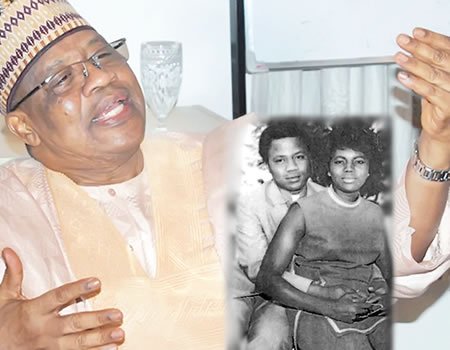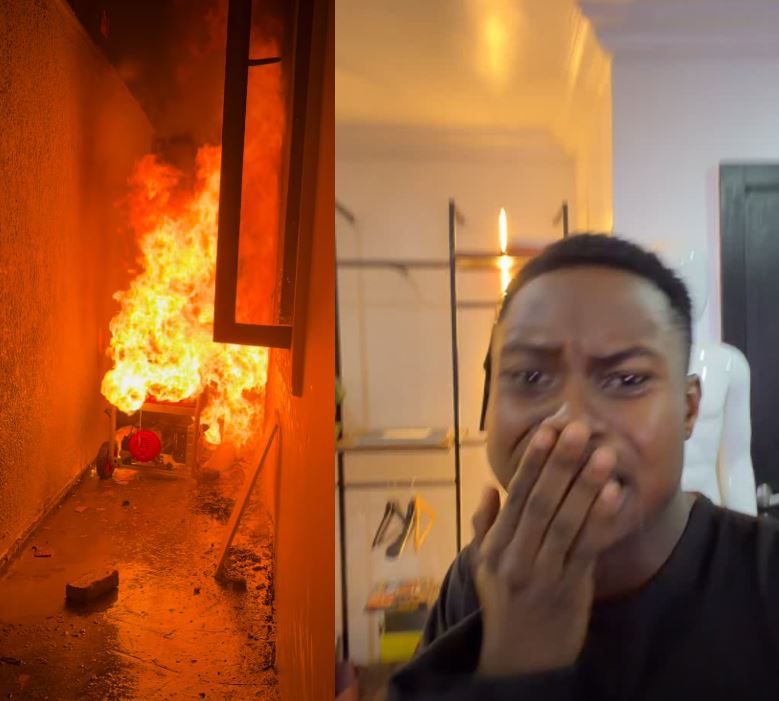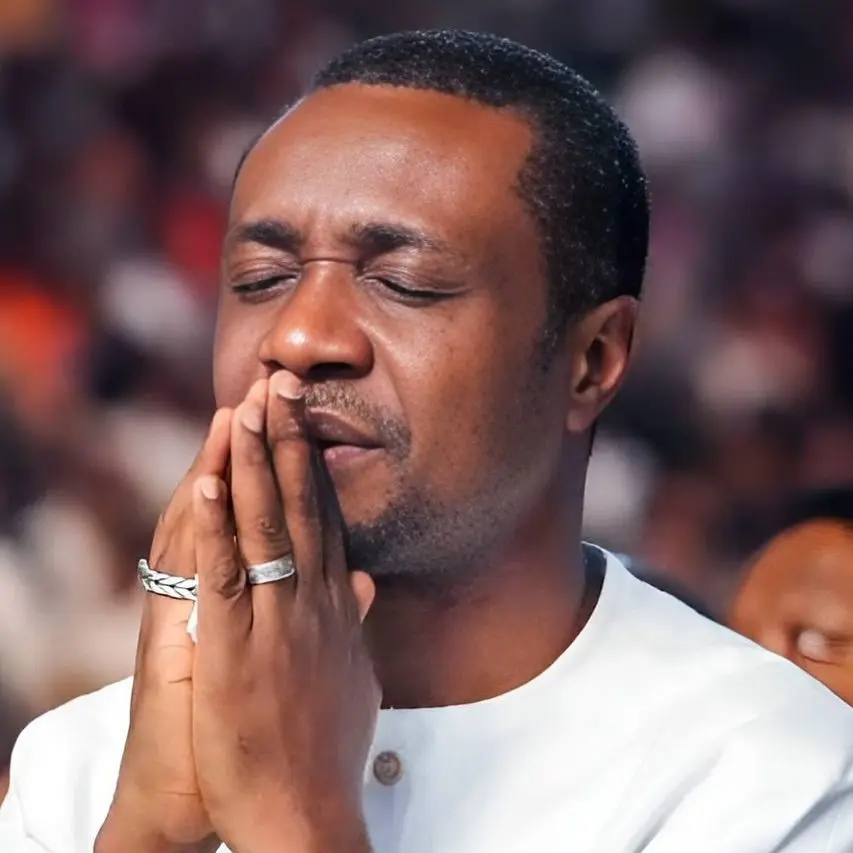On Sunday, December 27, 2009, time stopped forever for former First Lady and founder of the Better Life for Rural Women project, Mrs Maryam Babangida.
The Delta State-born ex-First Lady succumbed to ovarian cancer at a Los Angeles, California hospital, aged 61. Her husband, General Ibrahim Babangida in this interview he granted an online newspaper, The Crest, speaks on life without Maryam, his wish to marry again and other issues. Excerpts:
If you look this way at 77, we could imagine how you were at 17 or 19, very handsome, soft-spoken and all that. How did you deal with the girls?
I was going to believe that you would come with that conclusion. But let me give you a story to answer your question. When I told my wife to let’s get married, she looked at me and said: ‘You can’t be serious’. I said: why? She said that the impression she had was that we were playboys. So, I said I had decided I didn’t want to be a playboy but I wanted to settle down. I think I convinced her that I really meant I was going to settle down.
How did your love life start, especially at a time when inter-ethnic marriages were not encouraged? How did your parents and hers take it?
Fortunately, the two parents knew each other. They were more or less friends and I also became friends with her cousins and aunties and uncles. So, they didn’t have difficulties…
You really played before you eventually made your mind to settle down…
I did…
I asked that question because I interacted with a couple of your friends who told me about the way you people rocked in Bobby Benson’s Caban Bamboo in those days…
He (Bobby Benson) was a good friend of mine. I knew him very well.
What was your relationship with the late Brigadier Benjamin Adekunle? He frequented the nightclub too…
He and I were from different divisions. I got to know him closely when the war broke out. He was in Third Marine Commando while I was in 1 Division of the Nigerian Army. But, later in retirement, I got closer to him because he visited me here in Minna. He visited me when I was in office and when I was out of office.
Still talking about relationships, how did it eventually happen after you told your wife and she said you weren’t serious? How long did it take you to convince her?
To be honest, less than a year.
How did you deal with the other girls?
Well, they had to accept that there would be a time they would have to leave me and I had to leave them.
Did you actually leave them completely?
I tried to…
How do you react to this notion that when Delta State was created by your government, you chose Asaba as the capital because your wife was from there? Geographically speaking, the critics said, Asaba was not at the centre.
It was not because of her. Before we created a state or local government, we studied everything-the history and the politics of that area; then, settled on one. I made a lot of consultations. I was fortunate I had Dennis Osadebe, I think he was a Premier of the Mid-West. I called him, went to him, and he told me the whole history of that area. Historically, during the British era, the town was an important town, and it was seen as such. So, from all the consultations, we made up our minds that we will make Asaba the capital. It just happened that my wife was from there.
It was said that on the eve of your announcement, the military administrator went to Warri and was looking for a place…
(Cuts in…) Before the announcement, somebody in Niger had also gone to another town and started saying that that would be the capital. But we knew it was going to be Minna. Then, we were accused. It is a typical Nigerian thing.
For a man of great accomplishments like you, and as a Muslim, your religion permits you to marry as many wives as you like. But you stuck to Mrs Maryam Babangida till her death on December 27, 2009. Before the marriage eventually happened, what were the traumas you went through?
(Laughs) That is the advantage of being a playboy; you get to learn more. So, when you make up your mind that you are going to settle down, you have learnt all the good and bad things in relationship. And if you decide you are settling down, you must avoid all those pitfalls. We had a very short relationship before we got married and what I looked for in a woman, before I married, she possessed them.
Like what?
Accepting me for what I am.
And what are you?
Just a human being. I had my faults. I make mistakes and if you are prepared to accept me for what I am, then, we have no problem. She exhibited that a lot and that kept us together. I can tell you that for 40 years, we quarrelled only twice. She was a very tolerant person and the parents were very understanding. They always sided with me.
Would it not have been otherwise if you were not General Ibrahim Badamasi Babangida upwardly mobile, highly visible, known all over the world? Would she have been that tolerant?
I think she would still have been. During the war, for example, I was away most of the time. We were in the war front, and there was a lot of anxiety. Will he come back? Will he be killed? You know that sort of thing. But she was a very strong willed person and she was always hoping that, yes, he will come back. Yes, we will be there. And these scaled up the home, the children, and so on.
Was there a time in your 40 year of marriage that she got angry and said: ‘what the heck, I’m leaving!’
No, we never had that. That is why I said we quarrelled only twice and they were ordinary things we could sort out.
How did you handle your problems, anytime confusion came?
We allowed tempers to cool down. That is rule number one. We also applied that thing called common sense. Then, we initiated discussion, between the two of us on the subject that brought about the quarrel, and you find that you can easily resolve it. You would see me saying ‘I am sorry, I was wrong.’ She too would be saying, ‘I’m sorry I was wrong’. That is the end of it.
Does ‘the other room’ play any role in resolving such problems?
(Laughs) We always solved our problems in the dining room.
I’m talking about the ‘other room’?
Which is the other room? Enlighten me.
The chemistry between the two of you was so strong that people were wondering about your next move concerning marriage after her passing. I remember asking you the same question the last time my former bosses-Mr. Mike Awoyinfa, the late Pastor Dimgba Igwe-and I interviewed you in this same house; and you said you would remarry.
I’m still searching but I want to be fair. You don’t expect me to take a wife much younger than I am because that will be a problem for her and for me. I have to be fair. Secondly, I do expect if she will be able to live the way we did, which is not easy these days. So, I keep on praying; and I think it will happen.
Do you really mean you are searching?
Yes, I’m hoping.
How is life as a widower? What is the greatest problem you face as a widower?
Somebody to instantly correct me. Somebody to say ‘this is right, this is wrong’. This is important, especially for those of us in the limelight. That is what I miss most.
What is the highest point of your life? At 77, what are the highs and the lows?
First, when I was commissioned into the Nigerian Army, a young officer from the Indian Military Academy, full of life, coming to provide service to the country. Second, while providing the services to the country, you come across people, you meet people who operate either in defence of the country or in aiding people to provide for safety of lives and properties in the country. Then, when I was given a command during the war. The high point (in that) is that here was Major Babangida, and I had over 500 soldiers under me. Their lives, their welfare were dependent on me.
So, you have to be concerned about how you make them have confidence in you that you are not going to lead them into a disastrous situation; you have to be concerned about how they will follow me to the war. I’m glad because I mingled with them, I trained and ate with them. We played together and they developed that confidence. And if they knew that we were going to war, fear was no longer in them because, as an officer, I was capable of doing what they could do. As an officer, I could do what a corporal could do. So, they just followed. That is a good point and it has been very successful.
***





















